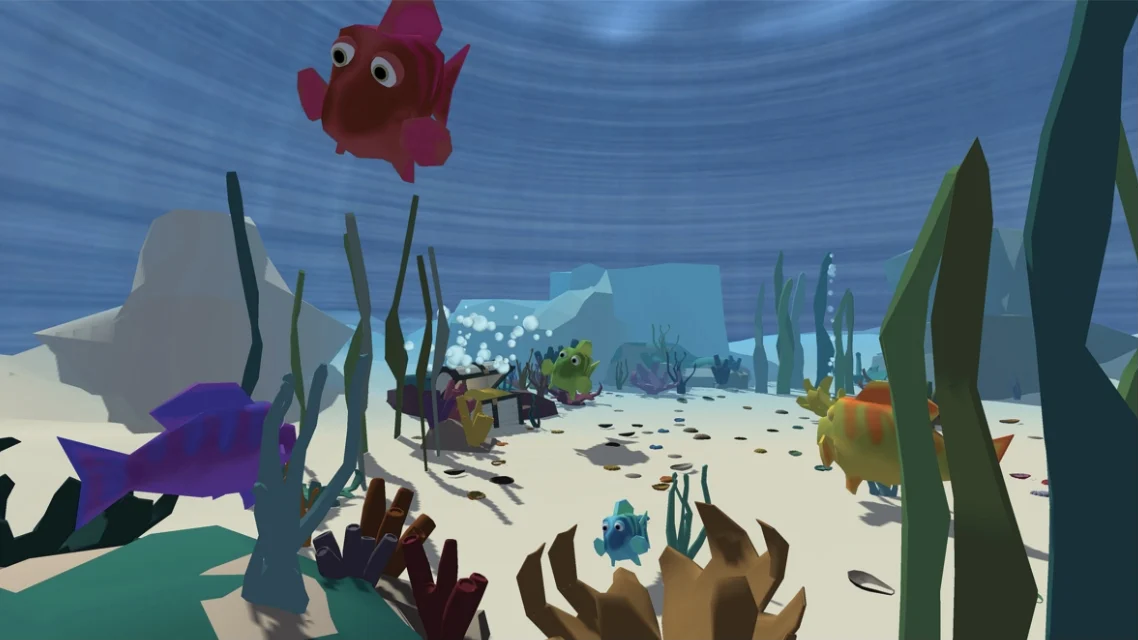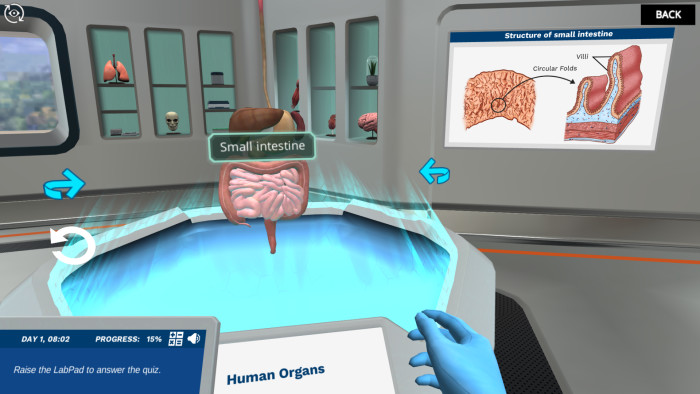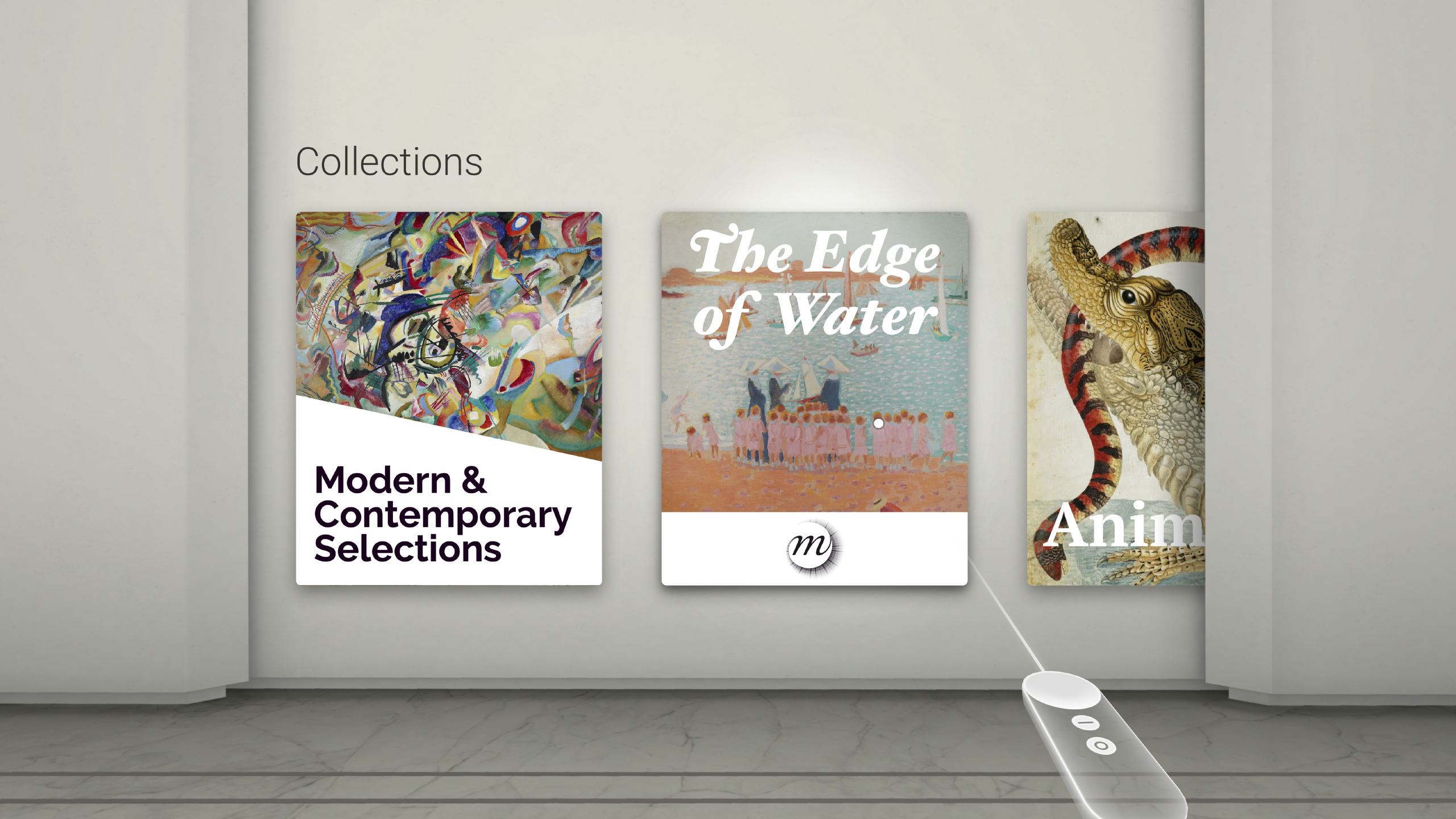Brief
In the ever-evolving landscape of educational technology (EdTech), Virtual Reality (VR) stands out as a beacon of innovation, particularly in the realm of special education. VR technology has not only opened new doors for immersive learning experiences but also proved to be an effective bridge over the various learning barriers faced by students with special needs. This article delves into the transformative impact of VR in special education, highlighting real-world examples and projects that have yielded positive results.
Virtual Reality, by its very design, creates immersive, interactive environments that engage users in a way traditional educational tools cannot. For students with special needs, VR offers a safe, controlled setting where they can learn and practice skills at their own pace. This technology has been particularly effective for children with Autism Spectrum Disorders (ASD), ADHD, dyslexia, and sensory processing disorders.
VR and Autism Spectrum Disorders (ASD)
One notable example of VR's impact on ASD education is Floreo. Floreo has developed VR experiences specifically designed to teach social and communication skills to individuals with autism. By simulating real-life scenarios, Floreo's VR lessons provide a platform for learners to practice social cues and responses in a low-stress environment. The company has reported increased engagement and improved skill acquisition among its users (Floreo).
VR for ADHD and Focus Challenges
For students with ADHD, maintaining focus in a traditional classroom setting can be a challenge. VR can be instrumental in capturing their attention and sustaining it. The immersive nature of VR environments helps minimize distractions, allowing these students to concentrate on the task at hand. Companies like C8 Sciences have developed VR games that improve cognitive skills and attention in children with ADHD (C8 Sciences).
Overcoming Dyslexia Through VR
Dyslexia, a common learning disability, can make traditional reading and learning methods difficult. VR offers an alternative approach to learning that can be more engaging for dyslexic students. For instance, Immersive Reader by Microsoft is a tool that integrates with VR to provide enhanced reading experiences for students with dyslexia, making text more accessible and less overwhelming (Microsoft Immersive Reader).
Addressing Sensory Processing Disorders
In addressing Sensory Processing Disorders, Henesys Studio recognizes the remarkable achievements of LlamaZOO Interactive Inc. Their cutting-edge VR platform, EasyAnatomy, is specifically designed to aid sensory learning for students, including those with sensory processing challenges. EasyAnatomy uses immersive, 3D anatomical visuals to create engaging and accessible learning experiences, particularly effective for students who benefit from visual and interactive learning methods. This VR solution has been adopted in educational settings to enhance the understanding of complex subjects, demonstrating its effectiveness in catering to diverse sensory needs. Discover more about LlamaZOO's innovative approach here.).
Training Teachers for VR Implementation
To ensure the successful integration of VR in special education, teacher training is crucial. Organizations like the Virtual Reality Education Pathfinder (VREP) provide resources and training for educators to effectively use VR in their teaching (VREP).
Empowering Special Education with Immersive VR Education
In the realm of special education, a remarkable success story emerges through the "Immersive VR Education" platform crafted by ENGAGE. This visionary project serves as a compelling testament to the profound impact of virtual reality in elevating the educational journeys of students with special needs.
ENGAGE's Immersive VR Education Platform
ENGAGE has masterfully harnessed the capabilities of virtual reality to construct a bespoke educational environment meticulously tailored for special education. This dynamic platform delivers interactive and captivating learning experiences, offering exceptional benefits to students grappling with learning disabilities, attention deficit disorders, and sensory processing challenges.
The platform's virtual reality encounters have been artfully designed to seize the attention of students who may encounter difficulties within traditional classroom settings. Through immersive virtual field trips and interactive lessons, students partake in educational adventures that are simultaneously enlightening and enthralling, nurturing an unshakable focus and enduring interest.
A Triumph of Inclusive Education
ENGAGE's triumphant integration of virtual reality into special education is underscored by resounding applause from educators and students alike. The platform has earned well-deserved acclaim for its remarkable ability to foster inclusive learning experiences that gracefully accommodate the diverse needs of students. It has emerged as a transformative force, enriching the overall educational odyssey for these students.
To embark on a deeper exploration of the profound impact that ENGAGE's Immersive VR Education platform has exerted upon special education, we cordially extend an invitation to visit the ENGAGE website. Discover firsthand how this innovative paradigm is rewriting the narrative of special education, rendering it more immersive, interactive, and inclusive than ever before.
The Role of Henesys Studio in Custom VR Solutions
At Henesys Studio, we understand the unique challenges and opportunities that VR presents in special education. We specialize in developing custom VR solutions tailored to the specific needs of educational institutions and their students. Our team works closely with educators and specialists in special education to create immersive, interactive VR experiences that enhance learning and skill development.
Collaborate with Henesys Studio for Custom VR Solutions
For education businesses and institutions looking to integrate VR into their special education programs, Henesys Studio offers a partnership opportunity. We provide end-to-end services from concept development to implementation, ensuring that our VR solutions are aligned with your educational goals and the needs of your students.
Conclusion
Virtual Reality in special education is more than just a technological advancement; it is a gateway to a world where learning barriers are overcome with innovative solutions. As we continue to explore and harness the potential of VR, its role in reshaping the educational experiences of students with special needs becomes increasingly significant.
For early education business executives and decision-makers, embracing VR technology is a step towards a more inclusive, effective, and engaging learning environment. Partnering with Henesys Studio can be the first step in this transformative journey. Together, we can build VR solutions that not only bridge learning barriers but also open up a world of possibilities for students with special needs.
Contact Henesys Studio Today
To explore how VR can transform the learning experience for your students and to discuss custom VR solutions, reach out to Henesys Studio. Visit our website or contact us at contact@henesys3d.com. Let’s work together to create educational breakthroughs with the power of VR technology.





0 Comments